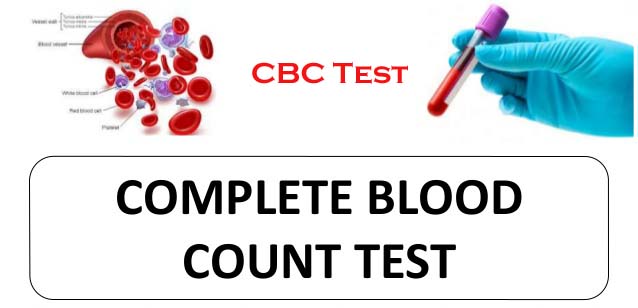What is the full form of CBC
CBC: Complete Blood Count
CBC stands for Complete Blood Count. CBC is a blood test that is performed to diagnose different medical conditions such as anemia, leukemia, infection, dengue, malaria, cancer, vitamin and mineral deficiencies etc.
The complete blood count is the calculation of the cellular (formed elements) of blood. Special machines that analyze the different components of blood in less than a minute generally determine these calculations.

What Does a CBC Measure?
The CBC test result can tell your doctor about your overall health. It measures:
- White blood cells (WBCs). These help your body fight germs. If you have too many of them, it could be a sign of inflammation, infection, a medical reaction, or another health condition. If it’s low, you could be at a higher risk for infection. A medication, a viral infection, or a bone marrow disease could also cause a low count.
- Red blood cells (RBC). These deliver oxygen throughout your body. They also help carry carbon dioxide. If your RBC count is too low, you may have anemia or another condition.
- Hemoglobin (Hb or Hgb). This is the protein in your blood that holds oxygen.
- Hematocrit (Hct). This test tells how much of your blood is made up of red blood cells. A low score may be a sign that you don’t have enough iron, the mineral that helps your body make red blood cells. A high score could mean you’re dehydrated or have another condition.
- Mean corpuscular volume (MCV). This is the average size of your red blood cells. If they’re bigger than usual, your MCV will be higher. That could happen if you have low vitamin B12 or folate levels. If your red blood cells are smaller, you could have a type of anemia.
- Platelets. These help your blood clot.

